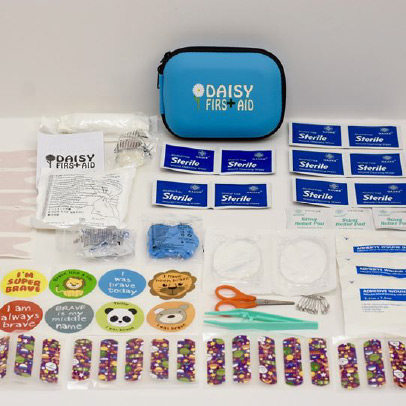Whey protein is a blend of the proteins that are isolated from whey, a by-product of producing cheese. Whey is the watery, milky material that separates from the curds of cheese. Processing whey is achieved by drying it. Moreover, removing the non-protein materials in it can increase the intensity of protein in whey. Whey protein is bought and consumed by people in different ways. The below summary should give you a better understanding of whey protein and why it is consumed.
Whey Protein as a Dietary Supplement
Whey protein is taken as a dietary supplement. Some health claims tout that the glutathione (GSH) in whey protein is an antioxidant. Using whey protein for reducing the risk of heart disease, cancer, and diabetes has been researched since 2007 but has not been clearly proven. According to WebMD, people buy whey protein for protein allergy, asthma, high cholesterol, obesity, and weight loss, preventing allergies in infants, late-stage cancer, and colon cancer. Persons with HIV also buy whey protein to increase their levels of glutathione (GSH). Most popularly, as whey is a rich source of branched-chain amino acids (BCAAs) and BCCAs stimulate protein creation, many athletes buy whey protein for improving performance, speeding recovery from exercise, and reversing weight loss.
Non-Dairy Whey Protein
Because whey protein is a by-product of cheese, it may cause allergic reactions to some, and may not be digested well by others. There are specialty manufacturers of whey protein products that use non-animal ingredients. These whey protein productsare used as milk alternatives for those with lactose-intolerance and for milk-based infant formulas.
Forms of Whey Protein
You can buy whey protein in these three forms:
• Concentrates (WPCs) have a slightly milky taste and are processed to have a lower level of fat and cholesterol; however, they have higher levels of lactose. They have protein content of 29-89%.
• Isolates (WPIs) go through a procedure to remove the lactose and fat, making them 90% protein in content. They have a slightly milky taste.
• Hydrolysates (WPHs) are predigested and partially hydrolysed for easier metabolisation. Being hydrolysed, they may also be less allergenic. Hydrolysates usually cost more than the other forms.
Vitamin Grocer carries the leading brands of whey protein products, plus other dietary supplements, skin care, aromatherapy candles and oils, pet products and more.


